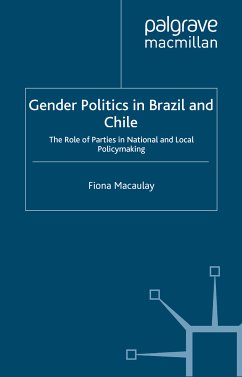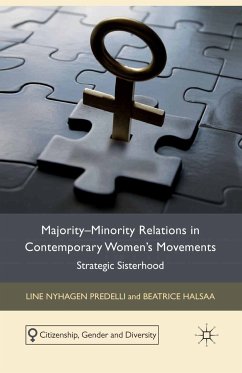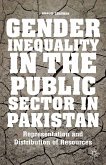Dieser Download kann aus rechtlichen Gründen nur mit Rechnungsadresse in A, B, BG, CY, CZ, D, DK, EW, E, FIN, F, GR, HR, H, IRL, I, LT, L, LR, M, NL, PL, P, R, S, SLO, SK ausgeliefert werden.
Caroline Moser, Emeritus Professor, University of Manchester, UK
'Polly Wilding unites original ethnographic research with a sharp critical analysis to produce a compelling argument for the inclusion of gender as a central tool for understanding urban violence in Brazil and beyond. Her contribution to growing debates on the gendering of urban violence in Latin America is both timely and valuable.'
Mo Hume, School of Social and Political Sciences, University of Glasgow, UK
'Carefully tracing the intersections and interactions between different kinds of individual and collective violence, while skillfully examining violence's manifold meanings, its gendered dimensions, and the joint responses of vulnerable but far-from-resigned residents, Wilding throws much needed light on what is the most pressing problem at the urban margins of Brazil and Latin America.'
Javier Auyero, Department of Sociology, University of Texas at Austin, USA.









